Luxury Is For Losers
The Lower The Income, The Greater The Lust For Luxury Brands
February 29, 2024
By Aria Novosedlik
Americans seek luxury goods more during times of greater income inequality. And the lower their income, the more they'll spend.
In a recent Vox article, it was pointed out that Americans with a household income of less than $50,000 make up about 27 percent of regular luxury consumers. That’s almost as big a group as luxury consumers with an income of $150,000 or more.
The same article revealed that while Americans across the income spectrum were buying more luxury apparel during the pandemic, purchases by individuals making $40,000 or less rose the most: they were 365 percent higher at the end of 2021 than they were in January 2020, before lockdowns began in the US.
How has the luxury industry pulled this off?
Think about it: you may be receiving stimulus cheques, but you aren’t spending any money on going out, and you need a little pick-me-up. Why not fulfill said desire with a new Louis Vuitton handbag that you can show off on social media? Brands like Louis Vuitton, Gucci, and Burberry are impossible to miss. These brands use their visual identity—logo, use of patterns,
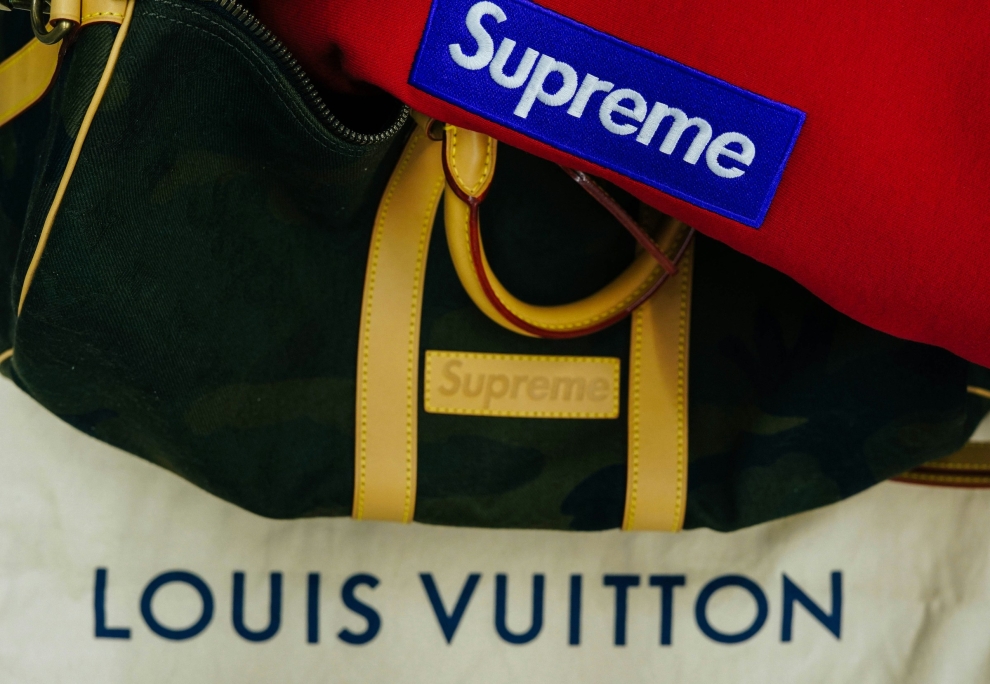 Photo: Alex Haney for Unsplash
Photo: Alex Haney for Unsplash
and other trademark attributes—as the primary driving factor to entice lower-income consumers. Being so unmistakable, these brands have been dubbed ‘loud luxury’— brands that scream ‘I’m expensive!’ to anyone and everyone. ‘Loud luxury’ preys on the human desire to not only be accepted, but to appear successful. People want to feel special, and to feel above average. Just think about the lyrics to Drake’s ‘Fancy’:
Naked ring finger, M3 Beemer
Champagne Range, triple white Jag
Closet full of brand new clothes and handbags
Alexander McQueen, Prada, Gucci, Chanel
D&G, BCBG, Versace, Louis and Bebe’
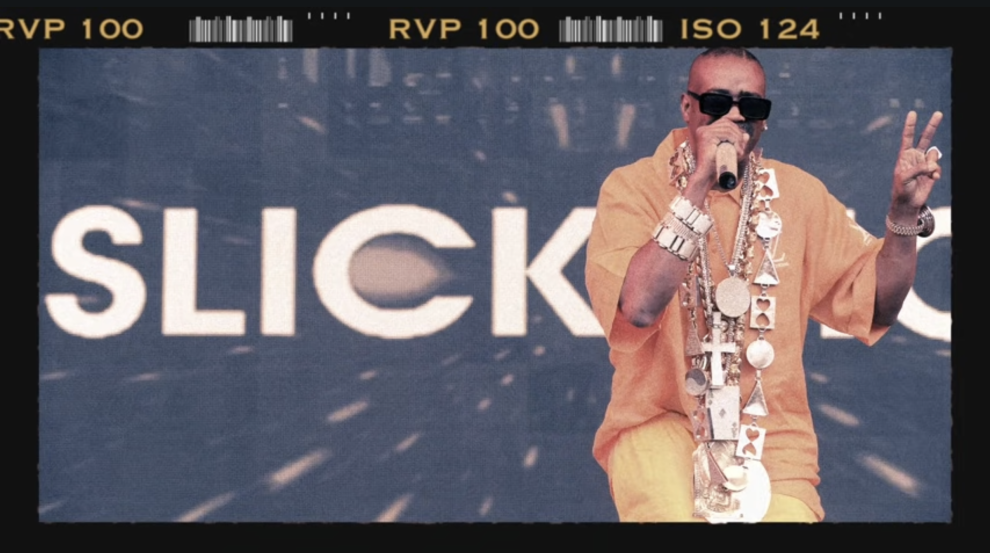
GQ video starring rapper Slick Rick showing off his jewelry collection while he explains the ‘Cinderella’ approach to blinging your way to the top of the hip hop world
It’s almost impossible to find a rapper that hasn’t name-checked one of the top loud-luxury brands. Lots of them have come from tough upbringings, so when they finally make it, they’re eager to show it. This prompts their fans, who largely don’t hail from six-figure households, to scrape up every penny they have and emulate their rap idols. There may have been a time when companies like LVMH (owner of Louis Vuitton) would’ve issued cease and desist orders to prevent their name from being associated with rap. But those days have come and gone, as they’ve come to realize just how much more profitable they can be by opening up their target demographic to well below the top 1%.
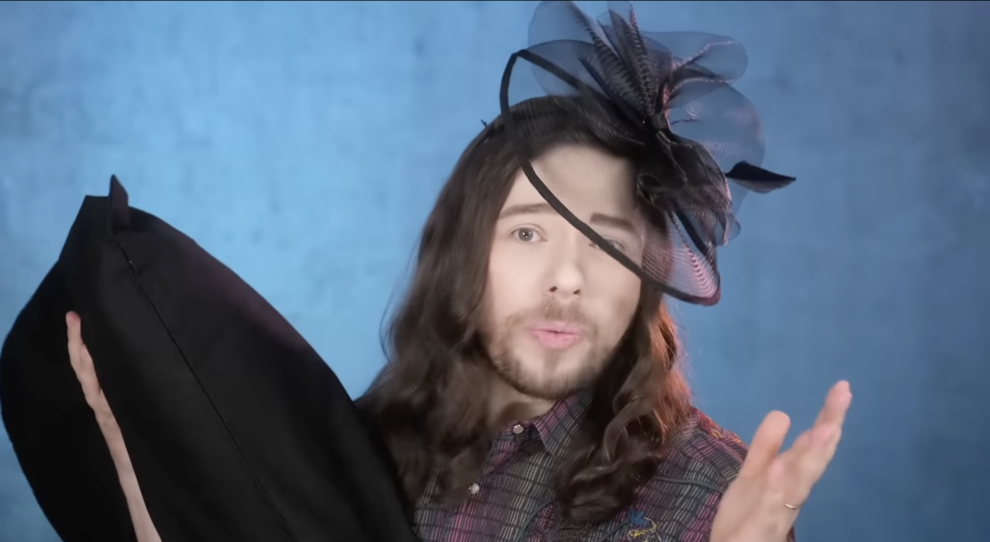 Creator/influencer Super Dacob’s video take-down of Chanel handbags
Creator/influencer Super Dacob’s video take-down of Chanel handbags
They’ve also made some compromises on quality, as noted by creator Super Dacob, who released an entire video on how janky Chanel handbags have become. He’s even walked right into Chanel and pointed out the obvious defects on multiple bags to clerks, who’ve either balked at him or told him that defects impart character. In fact, the way that store clerks are instructed to interact with certain customers represents another tactic that luxury brands use to manipulate and drive sales.
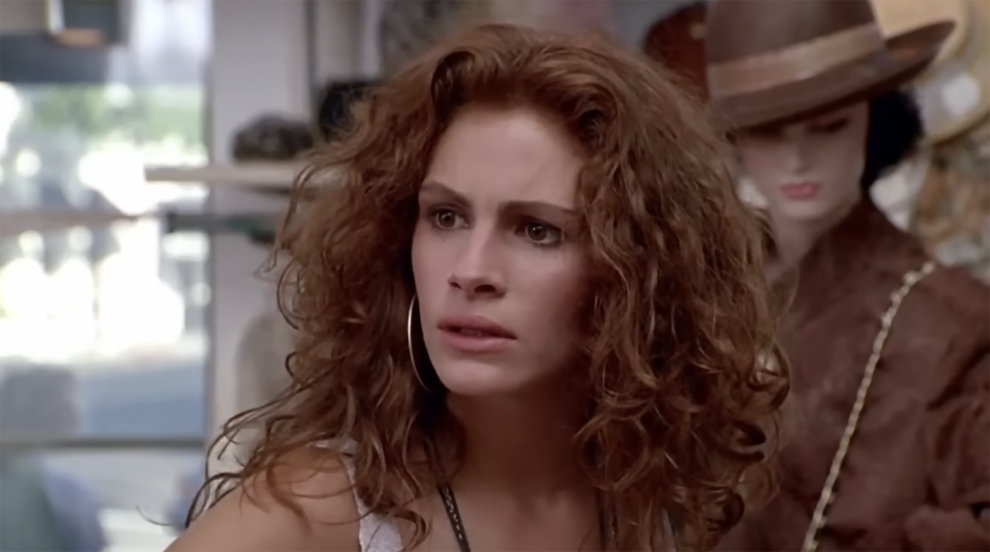
Scene from Pretty Woman, in which Julia Roberts’ character Vivian Wood responds to shaming by the sales clerks at a luxury fashion boutique on Rodeo Drive in Los Angeles
Spend a few hours on reddit, and you’ll find countless forums devoted to consumers who’ve fallen victim to the ‘pretty woman’ effect. This is a reference to the iconic scene from the movie where Julia Roberts' character Vivian Wood is treated like scum upon entering ‘Boulmiche’, a fancy shop on Rodeo drive. Upon inquiring about the price of a dress, the clerks simply replies that ‘it’s very expensive’ and shames Wood. Wood returns the next day with shopping bags from all the high-end boutiques in tow, and while she doesn’t purchase anything from ‘Boulmiche’, the insecurity instilled by the clerks has driven her to prove herself with her pocketbook. Reddit users galore have admitted to making purchases after being treated poorly by clerks, simply to validate their presence at such a high-end stores. Some users have even asserted that this is a tactic clerks are instructed to use in order to pressure customers they deem vulnerable — often because of what they’re wearing and how they look — to make a purchase. It may sound a bit far-fetched, but in the grand scheme of branding psychology, it really isn’t.
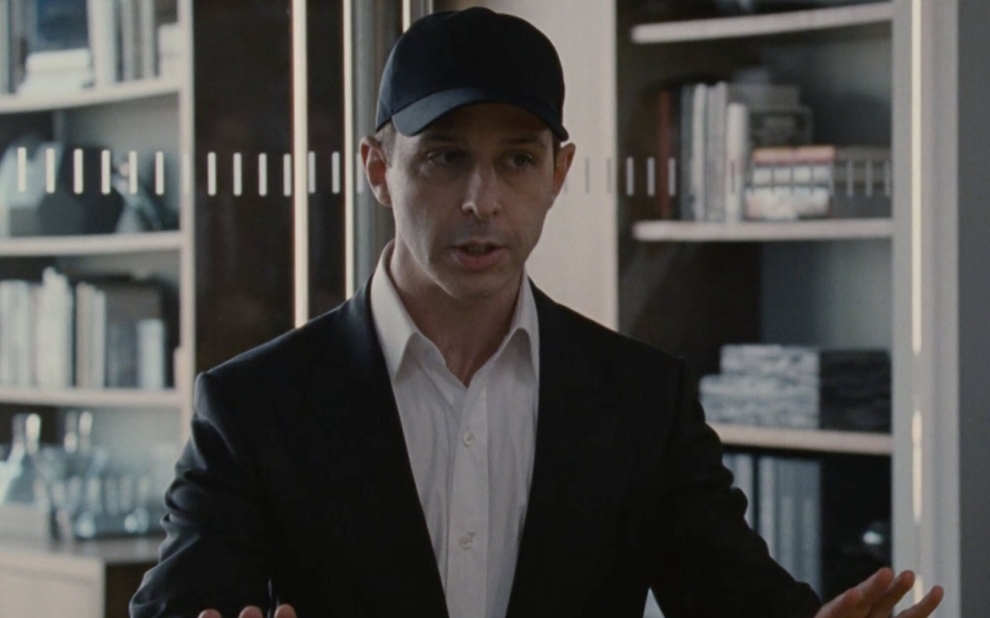
Jeremy Strong, as Kendall Roy on the hit series Succession, sporting a Loro Piano ball cap that retails for US$1640.
With loud luxury brands manipulating the average person in to buying, the ultra-wealthy have taken note. These aren’t just the 1%. These are the 0.1%. These are the folks that see someone walking down the street with a Gucci bag and consider them to be, at most, Beverly hillbilly status. Old money has taken to what’s called ‘quiet luxury’. Quiet luxury brands are barely known to anyone with a net worth below $50 million. They aren’t paying celebrities to advertise their latest collection.
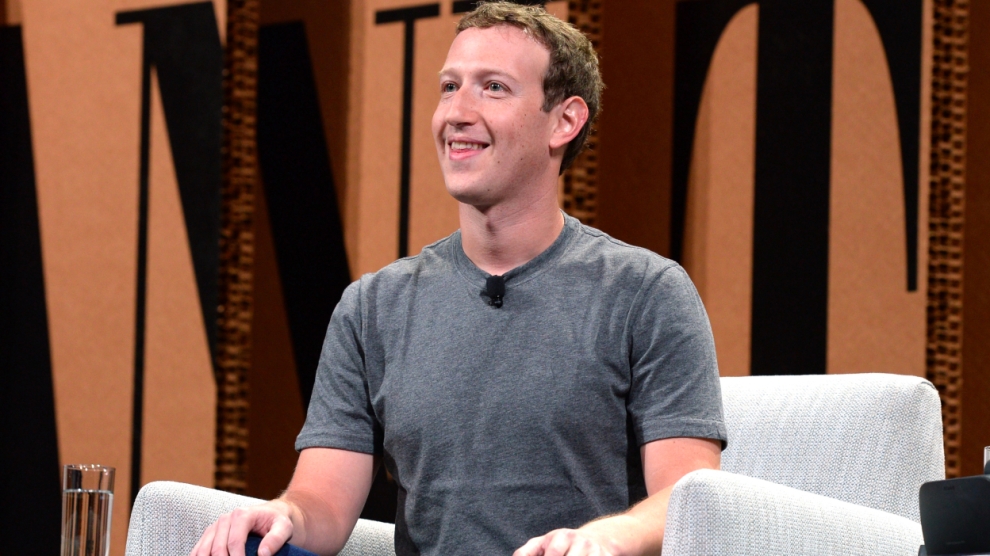
Zuckerberg in his trademark Bruno Cucinelli t-shirt: yours for $450.
In fact, most people wouldn’t even be able to identify these brands at all. It may shock you to know that the t-shirts Mark Zuckerberg wears—you know, the ones that look like they were found on a sale rack at Target— are $450 Brunello Cucinellis. Cucinelli’s site features a quote from Immanuel Kant that reads, ‘Beauty is the symbol of the morally good’. Is this meant to assuage ultra-wealthy guilt by offering a measure of forgiveness for spending such obscene amounts on logo-free clothing? Permission for the ultra-wealthy to signal to the people they want to associate with that they’re ‘one of them’?
The marketing strategy of quiet luxury brands is not to have a marketing strategy. Their value is derived from operating like a secret club that only the most elite can access. Quiet luxe price points are stratospheric, making them completely inaccessible to almost everyone on earth, and they’ve disincentivized dressing to signal wealth by stripping their products of logos. So the question remains: if you can’t wear loud luxe without looking insecure about your status and you’re not wealthy enough to afford quiet luxury, what DO you wear?
Enter ‘loud budgeting’. Loud budgeting isn’t just the latest trend on TikTok. It’s an attitude that empowers consumers instead of shaming them. Instead of being embarrassed by your socioeconomic status and buying loud luxury brands to ease that discomfort, you can just say ‘no’. It’s the attitude that it’s okay to say ‘I don’t want to spend my money right now’. It’s anti-marketing. As SuperDacob mentions, it’s about shamelessly accepting as many free samples as you can without feeling like a mooch. It’s about being very clear on your TikTok channel or Instagram that you worked hard for your splurge, and no, you don’t buckle under pressure. You decide when and what you want to spend your money on, and you won’t succumb to psychologically manipulative branding.
Might not be a good idea to throw that Chanel bag out yet. Even if it is janky.







